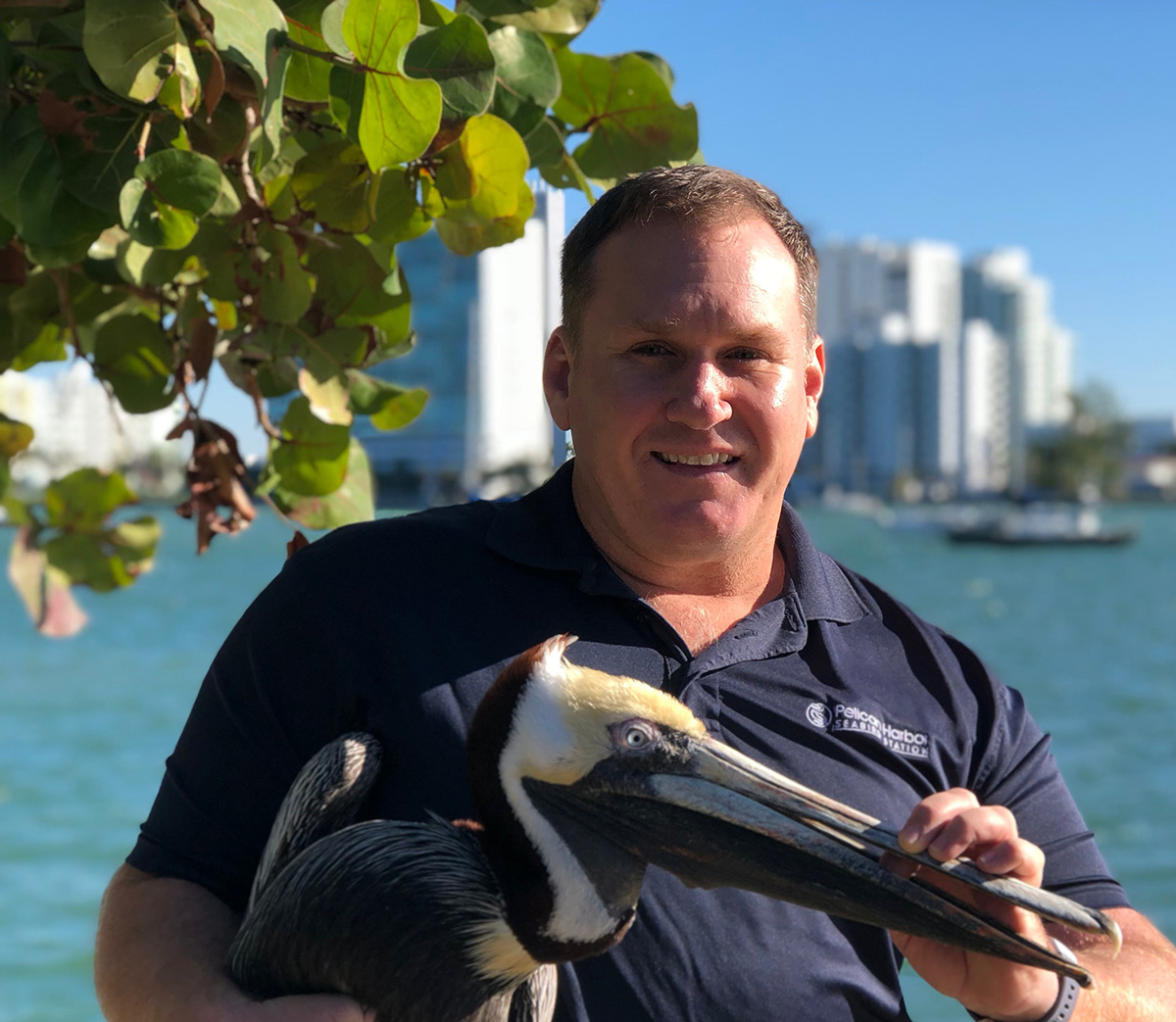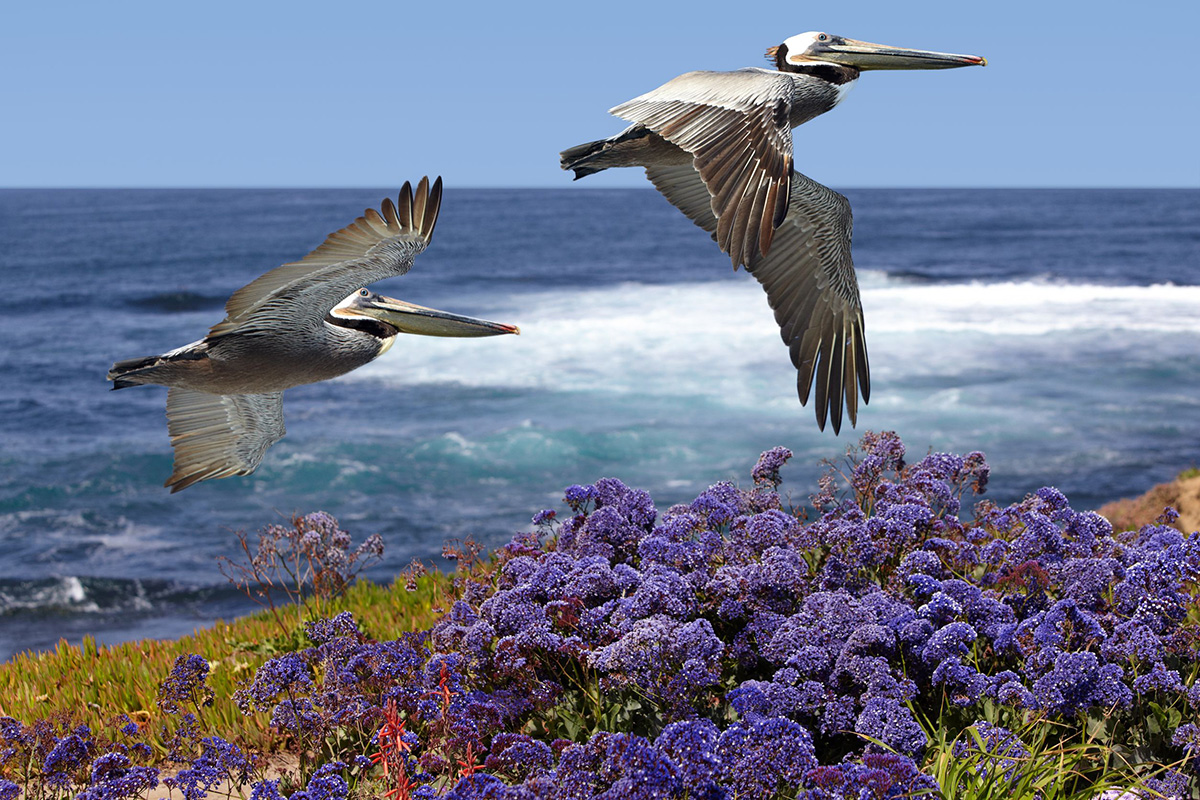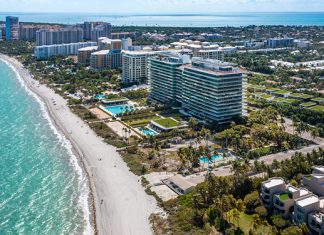 Much like a masterfully written tome or a searing new piece of cinematography, the hallmark of a truly great city is found less in the heights it ascends than its depths. No matter how often you’ve explored the byways and beachsides of Miami, there seems to always be something previously unremarked rearing its head for admiration and attention. Such is the state of the indigenous animal rehabilitation facility Pelican Harbor Seabird Station, an integral reminder of our metropolis’ ever-compassionate tenor, currently helmed by leading Ecologist, Activist & Educator Christopher Boykin.
Much like a masterfully written tome or a searing new piece of cinematography, the hallmark of a truly great city is found less in the heights it ascends than its depths. No matter how often you’ve explored the byways and beachsides of Miami, there seems to always be something previously unremarked rearing its head for admiration and attention. Such is the state of the indigenous animal rehabilitation facility Pelican Harbor Seabird Station, an integral reminder of our metropolis’ ever-compassionate tenor, currently helmed by leading Ecologist, Activist & Educator Christopher Boykin.
As Executive Director at the Seabird Station since 2014 and a South Florida resident since 1990, Boykin’s love affair with the beauty of the environment and the untamed nature of seabirds in particular was present from an intensely early age, in which he participated in such extracurricular activities as Marine Biology Camp in Missouri. It was there, at the tender age of 15, that he began to harbor a deep-set dream for the seabirds he found so magisterial. One day he’d do everything he could to ensure they continued to light our skies. Amassing a lifetime of educational and professional skills necessary to fulfill this grand desire, including a BA in Biology from Eckerd College, a lengthy tenure as a wildlife rehabilitation assistant at the Florida Marina Conservancy and shadowing such reputable Florida ornithological experts as Wes Biggs and Dr. Bill Robertson, Boykin finally landed the position of his dreams.
Equally at home petitioning the halls of local government as he is in the field tagging and treating our area’s many vulnerable indigenous species, Boykin finds there’s never a dull moment when steering an organization responsible for the healthful rehabilitation of countless voiceless residents of our region. “Possibly more surprising than funny, was when two Miami Beach residents captured and delivered an injured great egret to us last year,” he says. “The female caller coached a passerby through capturing the bird while speaking with one of our staff members, as our ambulance was otherwise dispatched.” In the end, the callers cautiously drove the injured bird (with a precarious beak!) to the Seabird Station. “It was a prime example of teamwork and trust at its best!”; PelicanHarbor.org.












